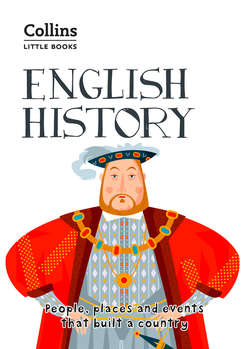Читать книгу English History: People, places and events that built a country - Robert Peal - Страница 24
Оглавление1215 | King John and the Magna Carta
No medieval King of England has as bad a reputation as King John. John was Henry II’s youngest son, and became king in 1199 after the death of his older brother Richard the Lionheart. Many believed John’s nephew Arthur had a better claim to the throne. Before long, rumours began to circulate that to secure his hold on power, John had drowned his own nephew in the River Seine.
John was ruthless in punishing those who opposed his rule, often starving his enemies to death in castle dungeons. He repeatedly argued with the Catholic Church, and was excommunicated by the Pope. Worst of all, John was a hopeless warrior, and lost much of England’s territory in France, including his ancestral homeland in Normandy. To fight these unsuccessful wars, John taxed his Barons dry. But John’s tyrannical rule did leave a positive legacy. In 1215, the Barons united against King John, and forced him to sign a series of promises known as the Magna Carta. These promises included the right to a fair trial, independence of the church, and the need to gain the Barons’ consent before raising taxes. Today, the Magna Carta is seen as the birth of political rights in England.
The image opposite shows a memorial in Runnymede, the meadow beside the River Thames where King John agreed to the Magna Carta.
Paul Daniels
